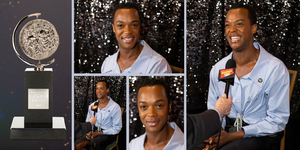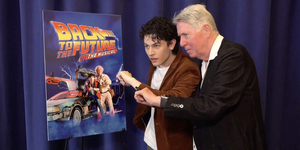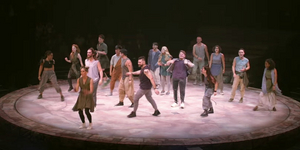Interview: Ken Ludwig Talks Passion for Playwrighting & His Plays Around the World
Ludwig's Murder on the Orient Express is currently at Paper Mill Playhouse, Crazy For You is returning to London, and Moriarty is coming to Cleveland Play House.
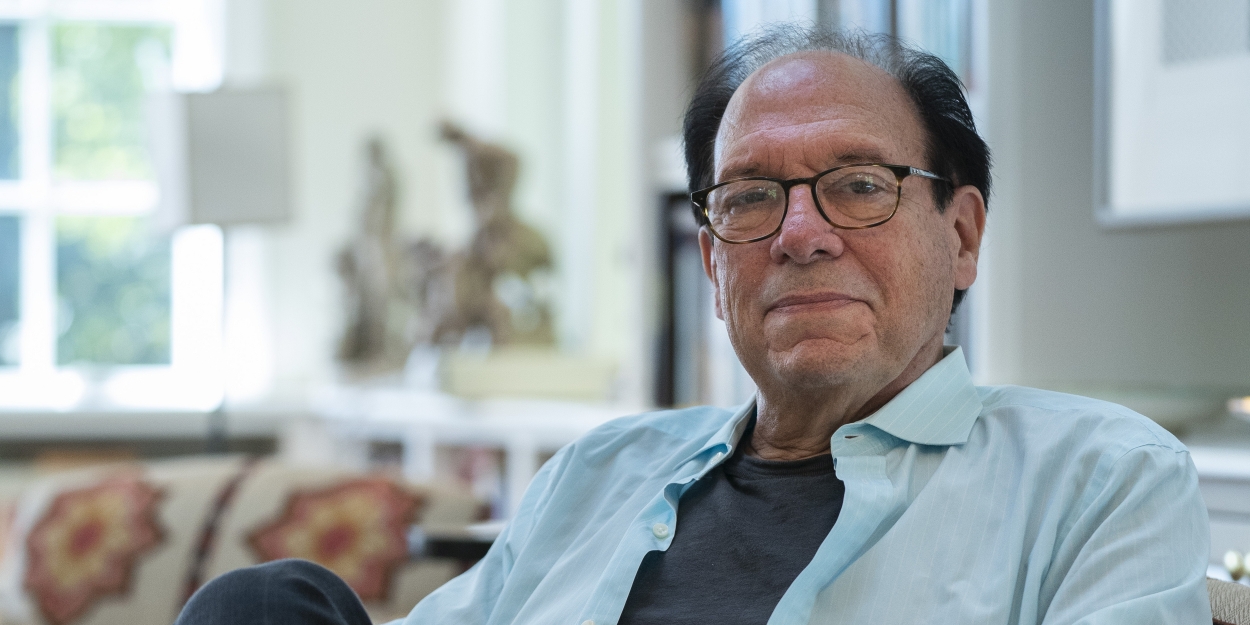
Ken Ludwig is one of the premier playwrights in the world today. His 32 plays and musicals have been performed in over 30 countries around the world in more than 20 languages, including six shows on Broadway, and seven in London's West End.
His works include the Tony Award-winning Lend Me a Tenor; Tony Award and Olivier Award-winning Crazy For You; Murder on the Orient Express; The Three Musketeers; Moon Over Buffalo; A Comedy of Tenors; Treasure Island; Dear Jack, Dear Louise, and many, many more.
Ludwig has also won the Edgar Award for Best Mystery of the Year, two Helen Hayes Awards, the Edwin Forrest Award for Contributions to the American Theater, and more.
Ludwig's adaptation of Agatha Christie's Murder on the Orient Express is currently playing through May 14 at Click Here, Crazy For You is returning to London for its 30th anniversary production, Moriarty: A New Sherlock Holmes Mystery, is coming to Cleveland Play House, and his play Dear Jack, Dear Louise is currently optioned for Broadway.
BroadwayWorld spoke with Ken Ludwig about his career, his playwrighting process, and much more!
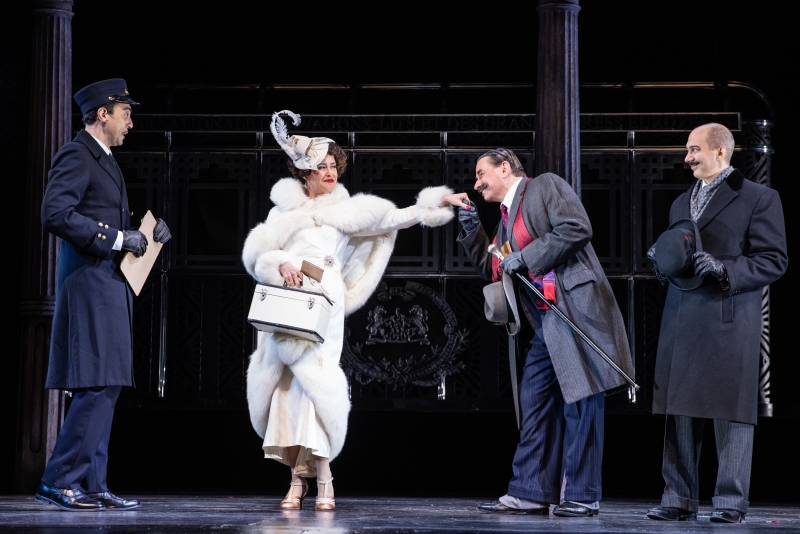
Ken, you have written so many iconic plays. I'm going to start with a more general question, what inspires you to write?
What inspires me to write is my absolute love for the theatre. You know, nobody's ever asked me that before, and it's so easy to answer. Ever since I was a kid, about ten years old, all I wanted to do was to be in the theatre. And at first you're in high school, so you do acting, and I was in plays, and then I got to college and started directing. But it became clear by the end of high school that I wanted to write, I wanted to write plays, and that those were the people in the world who just moved me and inspired me, and I loved it so much.
I got a hold of a recording of Richard Burton's Hamlet, the famous one with Gielgud directing, and oh my god, I listened to it until it wore out. So, being a playwright was all I wanted to do. Then I worked hard at it, I had a day job at one point, and then, luckily, I got a break that allowed me to do it full time, and it's what I do. It's just what I love to do, and lucky me, I get to do it.
Your play Agatha Christie's Murder on the Orient Express is being presented at Paper Mill Playhouse. You wrote this play at the request of the Agatha Christie estate. What was the process like for you taking such a well-known work of fiction and turning it into a stage play?
When she was alive she wrote plays for the stage, the three big ones were The Mousetrap, Witness for the Prosecution, and And Then There Were None, and she was masterful at writing plays. Then, after she died, people adapted some after a while, but the people who owned the rights to the estate stopped that pretty quickly because they were just not that great. They would tour in small bus and truck tours around the United Kingdom. So, they stopped doing that, and they had stopped doing that for about 30 years. And when Agatha Christie Limited decided to try that again, put her novels on stage, luckily enough for me, they called me. They said, "We want you to do it, it's not been done for many decades, and you can pick the book that you want to put on stage." They gave me carte blanche.
So, I thought about it for a minute, and I thought Murder on the Orient Express, partly because it just had such a great name. Of all the titles I think it's the best known, I guess because of that great, famous movie of many years ago with Albert Finney and Derek Jacobi, it's such a classic, great movie. And so, I said, "How about that one?" And they said, "Absolutely, please do." They just let me go away and write it. And I went away and wrote it. At one point, the person who ran Agatha Christie Limited, Mathew Prichard, Mathew is Dame Agatha's grandson, and they were very, very close, and after I wrote a first draft he flew over. We discussed it, he'd point to a line and say, "You know I don't think Hercule would say that that way." [laughs]. He knew Hercule Poirot as if it was his uncle.
So I wrote it, and with all my plays, I rewrite constantly. I called Emily Mann and we did it at the McCarter Theatre Center, and then I rewrote through the rehearsal period and previews, right up to the opening. And it was funny because Mathew came over for the opening. And at the end of the performance, Mathew came up to me and said, "Ken, I'm sort of confused, you took all my suggestions!" And I said, "Well, Mathew, you know Hercule Poirot better than any person on this planet! You know what your grandmother would want, I'd be crazy not to take your suggestions!" So, it had a happy ending because I worked really hard on it, and people liked it, and lucky me.
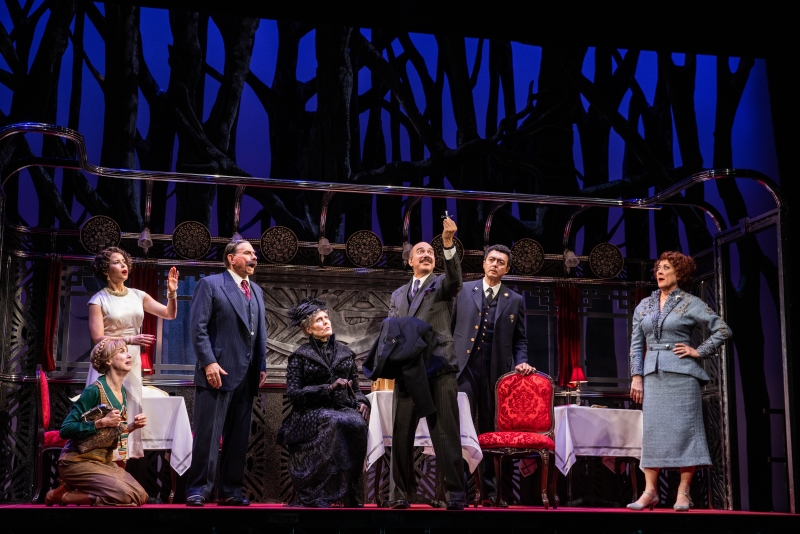
Does the process of playwrighting look the same for each play? Does it depend on the work?
They sort of fall into different categories for me. I think people know me best for what I call the muscular comedies. People call them farces, I don't like the word farce, but that was my first show on Broadway, my first show in the West End, and it was Lend Me a Tenor. And then when I was asked to do Crazy for You, I made it also sort of in the same vein, the book of that musical. And then I did Moon Over Buffalo, and Leading Ladies, and A Comedy of Tenors. And so, I'm working on one of those right now, because I just love the form.
I'm a big Shakespeare guy, and I think a lot about, and sort of study, construction issues of plays. I worship at the feet of the great classical comedies of English literature. So, of course, you start with the Shakespeares, the four great comedies there, and then you move into Restoration, and then you move into Late Restoration, and then into Farquhar, into The Beaux' Stratagem, and then into the great 18th century comedies like She Stoops to Conquer, The Rivals, and Arthur Wing Pinero... The great line of comedy is what I spend my life thinking about.
I think comedy often gets an unfair assessment as if it's lesser to tragedy, I don't think it is. I'm meeting with the American College Theater Festival with all the kids, I do articles, I have a book coming out called Thoughts on Comedy. A lot of it is about wanting to say to the world, 'Look, that form of drama is tremendously moving, and takes an enormous amount of skill, and when you take Shakespeare in high school, for example, don't just teach the tragedies,' -which is what happened to my kids- 'teach the comedies as well.'
In addition to Murder on the Orient Express, Crazy For You is returning to London for its 30th anniversary production, and Moriarty: A New Sherlock Holmes Mystery is having its premiere at Cleveland Play House. How does it feel for you to know that your work is being presented on stages all over the world?
It's the greatest. I'm just grateful. I work really hard at it, it's not just like it's a fluke, I write every day, I write for hours, but I do it because it's what I love so much. And I just feel so great that people are getting to see the work I do.
I travel a lot now, I only go to world premieres or major revivals or things like that, I rarely just go to a regional production just to see a regional production, I don't like the sense of living in the past. When it's a place like Paper Mill, which is such a great, iconic theatre, I go to that. I was just down in Sarasota at the Asolo Rep and saw them do a remarkable Three Musketeers, which Peter Amster directed, I like those people so very much. I'm flying right from London, the first rehearsals of Crazy For You, there is a direct flight to Minneapolis, and I'm going to go to The Guthrie's opening of Murder on the Orient Express. So, I don't visit too much, but because post-pandemic there has been such an explosion again, and I get to see things, I'm traveling a lot these days.
You have accomplished so much, is there anything you feel you haven't done creatively that you would still like to do?
Yes! My next two plays I'm very excited about. And in my head I know just what they are, and I'm working on another one right now which is another muscular comedy, and the next one is a romance. I started out writing comedies, musicals are a sideline, but I have another big musical opening very soon. So, what's happened over time is, I wrote the plays I loved and had in my heart, trying to write plays in the tradition of comedy. Then one day a theatre that was doing a lot of my work, The Alley Theatre, they said to me, "Would you write a more family play? Maybe do an adaptation of a classic for us or something?" And I said, "Yeah, I'd kind of love that!" So, I did Treasure Island, and it was a huge seller for the Alley.
Then it was going to get done in England at the Bristol Old Vic, and they found out somebody else was going to do Treasure Island- because that's where it takes place originally- so they said, "We can't do that, would you write us a different one?" So, I wrote The Three Musketeers adaptation. And then Barry Edelstein called me from The Old Globe about three years after that and said, "Hey, would you write us a big summer comedy? I'm directing Hamlet, we're doing Richard III, we're doing Guys and Dolls, something that would be festive for The Old Globe." So, I wrote Sherwood, which is a Robin Hood play, I've always loved Robin Hood.
I've written now about four or five adaptations of classics. So, that became a sort of different area I wrote in. And then when Agatha Christie Limited called me to do a play-and now they want me to do another one-I wrote some mysteries. So, there are sort of three separate kinds of plays. I didn't expect to ever write anything but the comedies I think most about, but I find now that I'm doing others. And with Dear Jack, Dear Louise, in a way I went in another direction, because it's really kind of a romance. It's a comedy, but it's a comedy/romance, and that's what one of the two new plays is also. So I just keep writing.
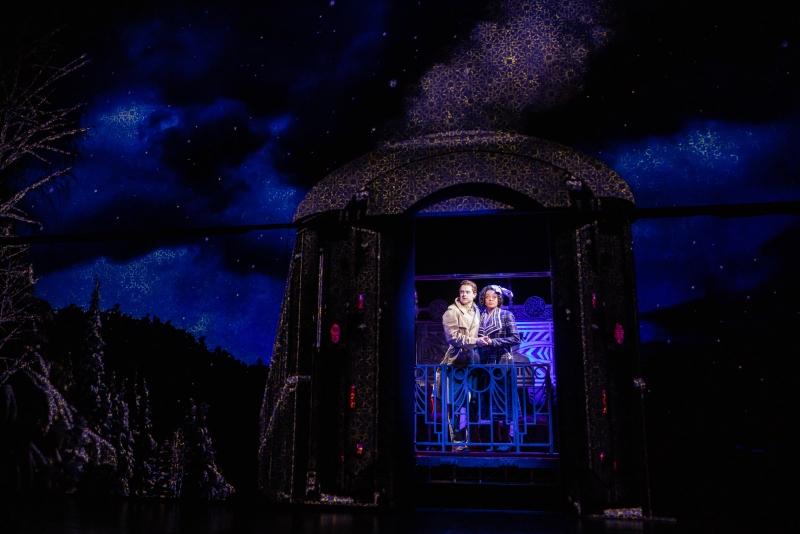
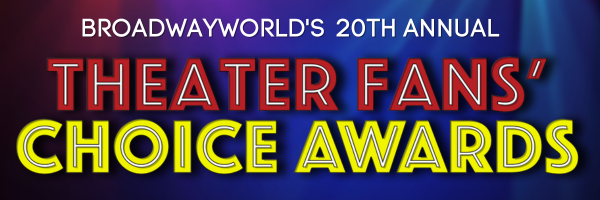
|
Videos
TICKET CENTRAL
Recommended For You
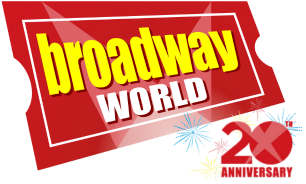





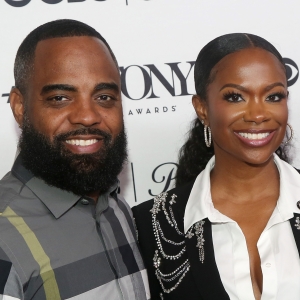
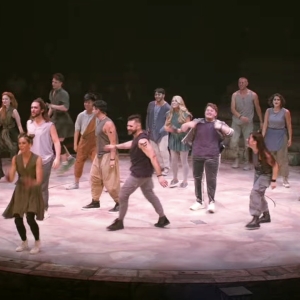
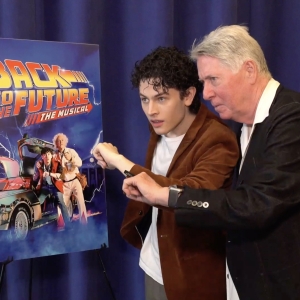
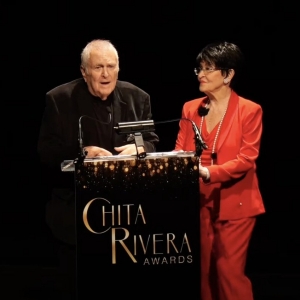
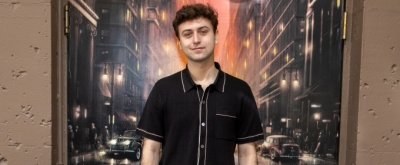
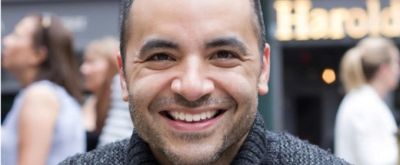
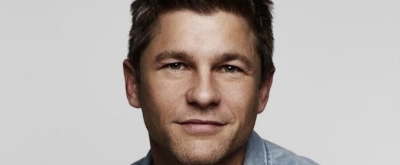
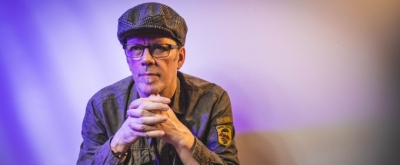
 Shucking Around with Ashley D. Kelley: SHUCKED Hits the Recording Studio
Shucking Around with Ashley D. Kelley: SHUCKED Hits the Recording Studio